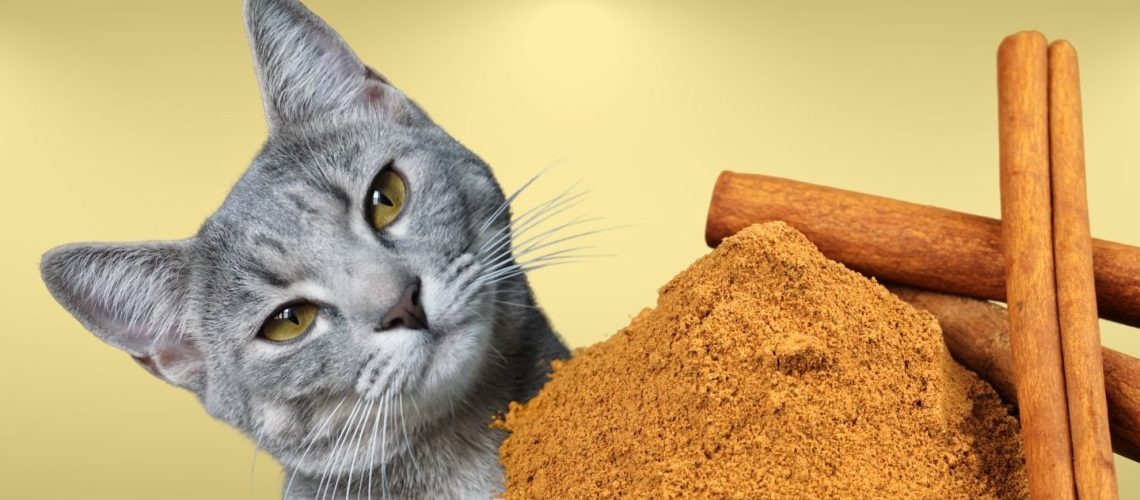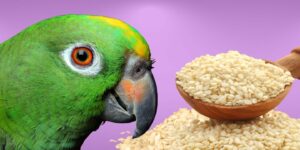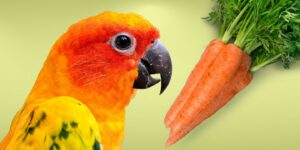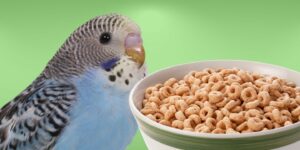Introduction
Can cats eat cinnamon? The short answer is no, cats should not eat cinnamon. In this article, we will discuss the reasons why cinnamon is not safe for cats to eat, provide some tips for keeping your feline friend safe from this and other potentially harmful foods, and address common misconceptions about human food and cats.
Understanding cats' dietary needs
Cats are obligate carnivores, which means that they require a diet of meat in order to get the nutrients they need to stay healthy. They have different dietary needs than humans, and feeding them human food can lead to health issues.
Common misconceptions about human food and cats
Many people believe that giving their cat a small amount of human food as a treat won't harm them. However, some human foods can be toxic to cats, and even small amounts can cause health problems. Cinnamon is one such food that can be harmful to cats.
The effects of cinnamaldehyde on cats
Cinnamon contains a chemical called cinnamaldehyde, which can be toxic to cats in large amounts.
Irritation and inflammation
When ingested, cinnamaldehyde can cause irritation and inflammation in a cat's mouth, leading to drooling, difficulty swallowing, and vomiting.
Gastrointestinal issues
Cinnamon can also cause gastrointestinal issues in cats, such as diarrhea and upset stomach.
Liver damage
In severe cases, cinnamon ingestion can lead to liver damage, as the cat's body struggles to metabolize the cinnamaldehyde.
Respiratory problems
Cinnamon, especially in powdered form or as essential oil, can cause respiratory problems in cats if they inhale it, leading to coughing, sneezing, and difficulty breathing.
Recognizing the symptoms of cinnamon toxicity in cats
Immediate symptoms
If your cat accidentally consumes cinnamon, watch for symptoms of toxicity such as vomiting, drooling, diarrhea, coughing, sneezing, or difficulty breathing.
Long-term complications
In severe cases, the ingestion of cinnamon can lead to liver damage and even death. It is important to monitor your cat for any signs of illness or distress following exposure to cinnamon.
Treatment for cinnamon toxicity in cats
What to do if your cat ingests cinnamon
If your cat consumes cinnamon, contact your veterinarian immediately. They may instruct you on what to do or ask that you bring your cat to their office for examination and treatment.
Veterinary interventions
Treatment for cinnamon toxicity in cats may include the administration of medications to help alleviate symptoms, supportive care to ensure proper hydration, and monitoring for complications such as liver damage.
Preventing exposure to cinnamon and other harmful foods
Safe food storage
Keep cinnamon and other potentially harmful foods away from your cat's reach. Store these foods in sealed containers and place them in cabinets that your cat cannot access.
Educating family members and guests
Inform your family members and guests about the dangers of giving your cat human food, especially cinnamon. Ask them to avoid feeding your cat table scraps and other human foods.
Alternatives to human food treats for cats
Choose commercial cat treats specifically designed for their nutritional needs. These treats will provide your cat with enjoyment and satisfaction without exposing them to potential health risks.
Other common household items harmful to cats
Be aware of other household items that can be harmful to cats, including:
- Toxic plants
- Cleaning products
- Medications
Ensure these items are kept out of your cat's reach to prevent accidental ingestion or exposure.
Frequently Asked Questions
Can cats be allergic to cinnamon?
Cats can develop allergies to various substances, including cinnamon. If you suspect your cat may be allergic to cinnamon, consult your veterinarian for advice and testing.
Are other spices dangerous for cats?
Some other spices and herbs can be toxic to cats, such as onions, garlic, and nutmeg. It's important to keep all spices and herbs out of your cat's reach and avoid giving them any human food that contains these ingredients.
Can I use cinnamon essential oil around my cat?
Cinnamon essential oil can be harmful to cats if they inhale it or come into contact with it. Avoid using cinnamon essential oil in areas where your cat spends time.
Final thoughts
The importance of proper nutrition for cats cannot be overstated. Feeding your cat a diet specifically designed for their needs will help ensure their long-term health and well-being. If you have any questions about what is safe for your cat to eat or if you suspect your cat may have ingested something harmful, consult your veterinarian for guidance.











